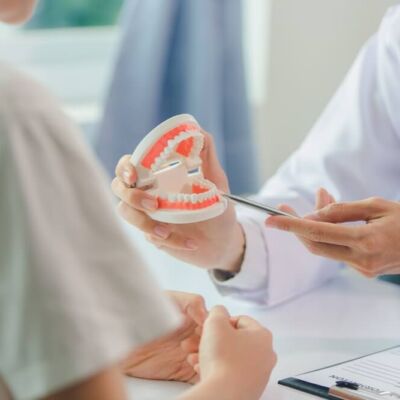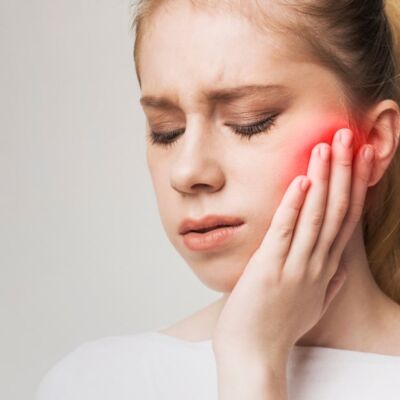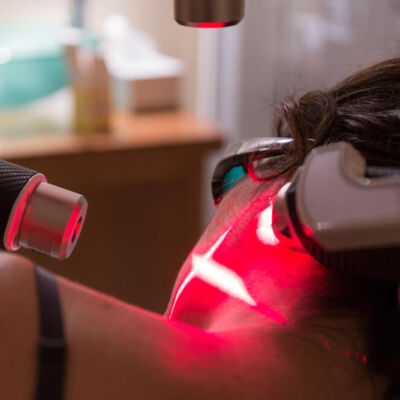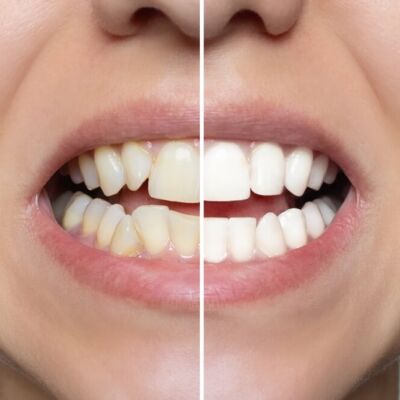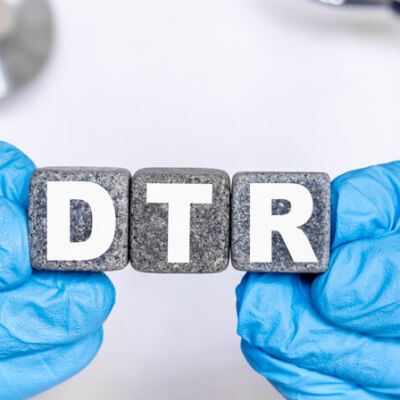Welcome to our dental blog!
Here you will find articles and information relating to our dental services, procedures, technology, and of course... Your oral health!
Showing 1–10 of 184 articles
Celebrating Independence Day as a Proudly American Company
Last modified: June 25th, 2025
As the fireworks light up the night sky and neighborhoods host celebratory barbecues and gatherings, Independence Day in Pittsburgh is a time for celebration and reflection. Amidst the festivities, it’s...
Continue reading ...The Link Between TMJ and Headaches: What You Need to Know
Last modified: May 16th, 2025
Temporomandibular joint (TMJ) disorder is one of the top causes of chronic pain. TMJ disorders can make it difficult to eat and talk, and live your life normally. TMJ and...
Continue reading ...What to Eat (and What NOT to Eat) With a TMJ Disorder
Last modified: May 16th, 2025
When you have a temporomandibular joint disorder (TMJD), simple things like eating can be extremely difficult. That’s because the jaw pain and stiffness that often go hand in hand with...
Continue reading ...Full Mouth Restoration vs. Cosmetic Dentistry: What’s the Difference?
If you’re one of the 61% of Americans who wish they could improve their smile, you may be starting your research into available treatment options. Two of the most commonly...
Continue reading ...Understanding Neuromuscular Dentistry: Aligning Jaw Function and Oral Health
When most people think about dental care, they think about teeth and gums. However, there’s another important piece of the puzzle that’s often overlooked: jaw alignment. If your bite isn’t...
Continue reading ...How to Relieve TMJ Jaw Pain
Last modified: March 17th, 2025
TMJ, otherwise known as the temporomandibular joint disorder, affects millions of people across the United States. TMJ causes pain in your jaw joint and the muscles that surround the joint,...
Continue reading ...The Latest Advances in TMJD Treatment: What You Need to Know
Last modified: March 17th, 2025
As TMJD becomes increasingly common, the need for treatment is in high demand. While medical advancements and new treatments are always becoming available, tried-and-true methods are still effective for many...
Continue reading ...How Much Do Porcelain Veneers Cost?
Last modified: February 19th, 2025
A beautiful smile should be functional and pain-free. For many Americans, dental imperfections like discoloration, chips, or misalignment can be painful and affect their self-esteem. Porcelain veneers offer a long-lasting...
Continue reading ...5 Signs You Could Benefit from Cosmetic Dentistry Services at Our Wexford Practice
Last modified: March 17th, 2025
Your smile is often the first thing people notice about you, and it plays a big role in your confidence and self-esteem. Dr. Alexandra S. George and the Pittsburgh Dentist...
Continue reading ...Is DTR Therapy Right for You? How Our Leading Practice Can Help Pittsburgh Patients
A significant number of people deal with TMJ pain and discomfort. The temporomandibular joint (TMJ) is a complex structure that allows your jaw to move and function. Issues can cause...
Continue reading ...




